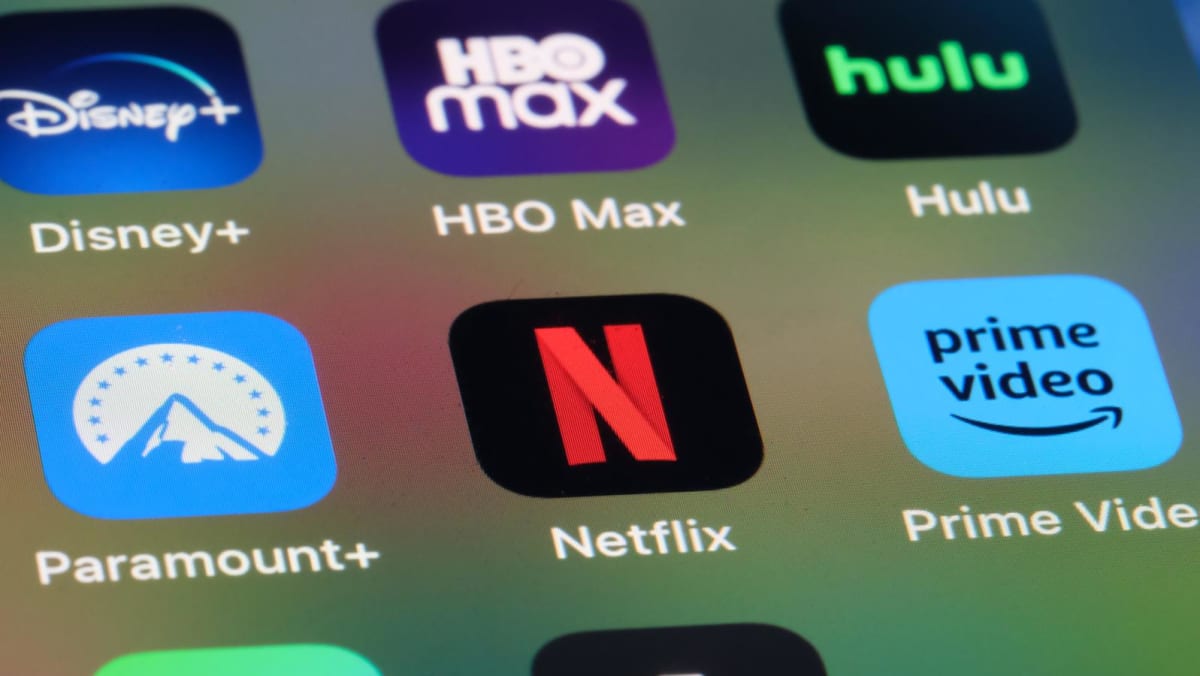CONTENT IS KING
A combination of shrewd planning, massive spending, competitor missteps and lifestyle changes has made Netflix wildly successful and – more importantly – the clear winner of the streaming wars.
From October to December 2024, despite a wave of complaints about its rising prices and crackdowns on account sharing, Netflix added a record 18.9 million global subscribers. Its subscriber base numbers over 300 million today, far outstripping Amazon Prime (about 200 million), Disney (125 million), Max (117 million) and Apple TV (25 million).
Netflix keeps viewers captive by serving up a non-stop flow of varied, high-quality content. In 2025, the company plans to spend US$18 billion on content, up from US$16 billion in 2024.
In the next few months, subscribers will get to watch the final seasons of hit shows Stranger Things, Squid Game and the second season of Addams Family spinoff Wednesday. I’m not a fan of these, but I just binge-watched the new season of Black Mirror, and am eagerly awaiting the return of Love, Death And Robots.
Thanks to the massive amount of viewership data feeding its algorithms, Netflix has become a pro at pandering to a wide range of tastes. Even viewers hankering for local fare have more than just Emerald Hill to satisfy them in its growing Southeast Asian catalogue.
Netflix chief financial officer Spencer Neumann in March said that “we’re not anywhere near a ceiling” in terms of content spend. The streamer is in about 40 per cent of connected TV households but has only captured 6 per cent of the addressable market, he shared.
This explains why, starting this year, subscribers are seeing John Cena and other World Wrestling Entertainment stars appearing on Netflix in a US$5 billion deal. I haven’t watched Wrestlemania in over 30 years – but since I’ve technically already paid for it, why not?
